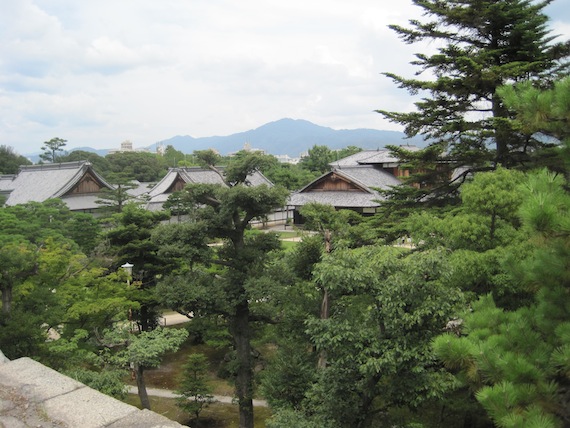
Why did the Japanese behave as they did in WW2?
I’ve been thinking a lot about Japan lately. In part it has been a purely selfish interest – the book I wrote some years ago on the Japanese in World War II, called ‘Horror in the East’ has at last been published in paperback. But revisiting this subject has also made me think about the origins of Japanese National Identity, and in particular the effect of geography on the Japanese.
Who, for instance, could not have been struck by the self-sacrifice many Japanese have shown in the wake of the terrible earthquake a few months back? And if you have read Felipe Fernandez-Armesto’s incredible book ‘Civilizations’ (and, honestly, if you haven’t, you should) then you’ll understand that since the Japanese have the unique distinction of living on an island but, because of the prevailing winds, being unable to be maritime explorers, they have developed a distinctly inward looking culture over thousands of years that the events of the last century or so have done little to dent.
The Japanese also live on a mountainous archipelago which is largely uninhabitable – as a result most Japanese have to live crammed together close to the coast – and, as the world has recently been tragically reminded, one which is liable to severe earthquakes. So it’s hardly surprising that their National Identity can be characterized as collaborative and somewhat resigned.
But what some people don’t realise is that ‘cruelty’ born of the ‘Samurai spirit’ is most definitely not part of Japanese National Identity. During the First World War – when the Japanese fought on the side of the British and the other Allies – they behaved impeccably towards the German prisoners they captured in the Pacific. Contrary to popular belief, the Japanese character at the turn of the Twentieth Century did not include a propensity to torture or starve their Prisoners of War. The fact that this attitude could be transformed so quickly, so that by World War Two their treatment of POWs would become infamous, is one of the most fascinating stories in modern history. And it’s one I try and tell in ‘Horror in the East’.
 Twitter
Twitter





